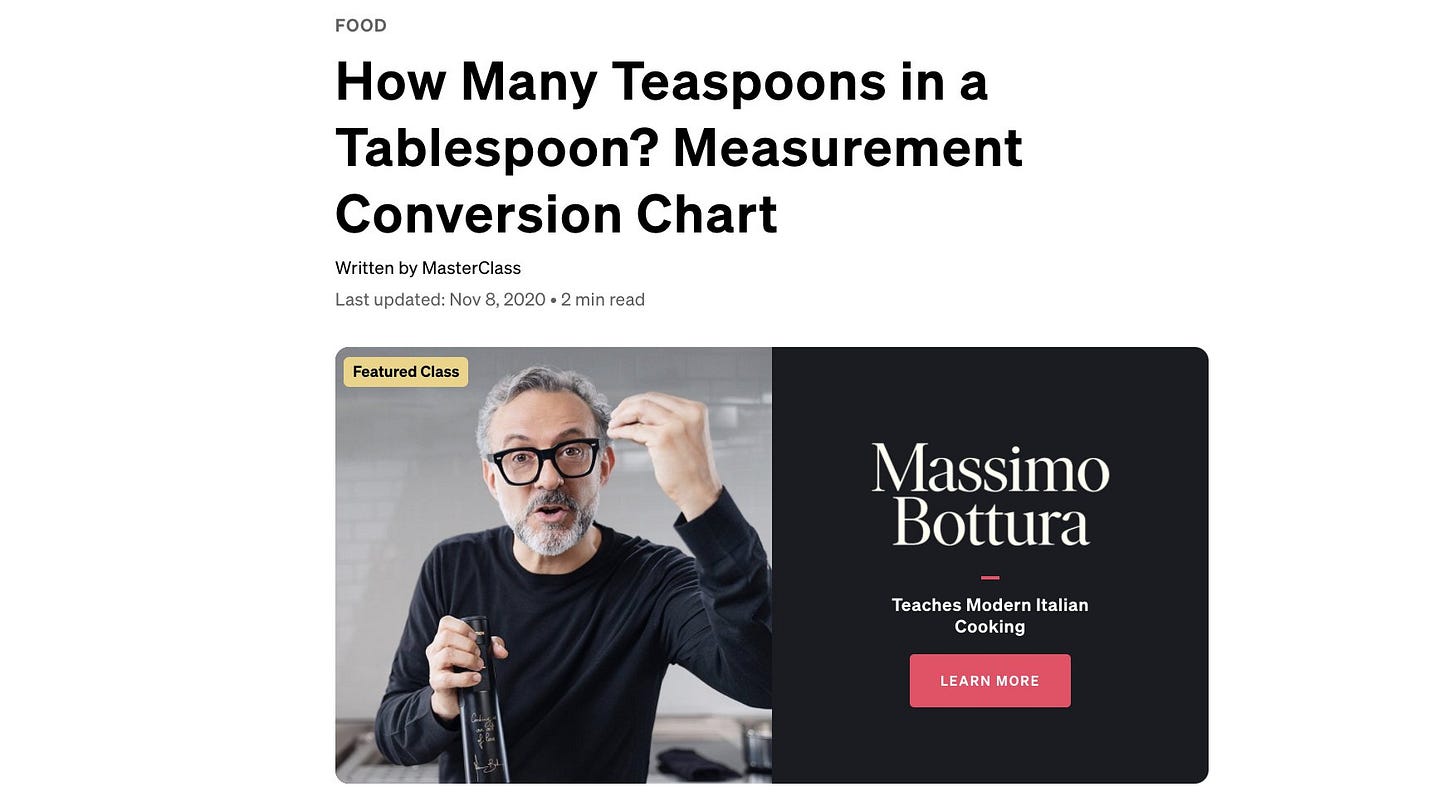✍️ Heartcore Consumer Insights
Edition #62
Hi there,
Welcome to the 62nd edition of Heartcore Consumer Insights. Curated with 🖤 every week by the Heartcore Team.
If you missed the past newsletters, you can catch up here. Now, let’s dive in!
How to grow your early-stage consumer startup? - Mike Duboe (Partner at Greylock)
Mike started his career at Bain and later joined Tilt (acq. by Airbnb) as the first growth hire.
He then joined Stitch Fix where he built the growth organization.
How should an early-stage founder approach growth according to him?
"Demystify growth and identify growth levers": in order to drive growth, you need to first understand it. It is important to have early analytics hires to help demystify growth levers for the business.
"Get your retention right before scaling": retention generally trumps acquisition because you get insights on who is best to acquire by understanding those who stick around.
"At Tilt, we suffered from a lack of focus. We had three different business lines and each could have been a very interesting business. We were trying to do too much at once partially because we raised a bunch of money and didn't have as many capital constraints".
"On the other hand, Stitch Fix was this interesting story where the company was profitable but hadn't raised that much money. We were forced to focus to build strong retention, which helped us build a strong enough foundation to layer on performance marketing."
Common mistakes early-stage founders make with growth:
"Too dependent on one growth channel": channel diversification is crucial to successful performance marketing. "At Stitch Fix, we set a number where I would not let our budget get more than x percent distributed toward any one channel even if it would be short-term optimal".
"In 2017, the Facebook algorithm malfunctioned after Cambridge Analytica. A lot of our peers saw their Facebook spend go bonkers while we maintained business as normal because we weren’t over-concentrated on that channel."
"Thinking growth is only the Head of Growth’s job": a lot of first-time founders make the assumption that once you hire a Head of growth, growth is their job, and their job only. In reality, the responsibility for growth lies on the entire company.
"Growth = Art + Science": a lot of growth people are very analytical, but growth is also an art. The best growth experiments, teams, and loops all have some creativity to them. You need to have both left-brain and right-brain in your team to do growth right.
Masterclass SEO mastery - Trung Phan (TheHustle)
Masterclass is raising new funding at a $2.5B valuation.
The platform's secret sauce: incredible SEO, which uses the power of "second-order questions" to drive free traffic to its site.
The Masterclass website got ~10M visits in March with 61% of traffic coming via search (nearly all of it organic).
The key to this organic search traffic? Masterclass’s hundreds of high-quality articles.
Masterclass appears at the top of Google searches for: “what are pretzels", “types of poems”, “how many teaspoons in a tablespoon”, “song structure", “how to write an autobiography”.
These five key search terms combined account for 500k+ monthly Google searches (!).
Let’s dig into one example: “how many teaspoons in a tablespoon”. This one has 130k+ monthly searches. This “teaspoon” article definitely answers the search query, but it is also riddled with calls-to-action for Masterclass courses related to cooking (e.g Gordon Ramsay, Madison Bottura).
This is where "second-order questions" come into play. Example: Let’s say you sell washable rugs online. A typical 1st order question you might rank for is “best pet-friendly rug”. A 2nd question you should target is “best rug shampooer for pets”.
Why do second-order questions work? Because you’re targeting a similar audience who is one step away from wanting your product. And Masterclass is brilliantly building a content library around these audience-related searches!
Media & Entertainment Tech Review - 2020
Why the best apps are games in disguise
How to Decide - Reid Hoffman
My Marketplace Strategy: Go Niche (Chowbus)
Deliveroo's IPO - Building a European Food Delivery Giant
Intuit unpacked
It's time to unbundle Instagram
🇪🇺 Notable European early-stage Consumer rounds :
🇺🇸 Notable US early-stage Consumer rounds :
Finary, an N.Y.C-based investing social platform, raises $3.2M with Upfront Ventures - link
Formation, an S.F-based coding education platform, raises $4M with a16z – link
Mem, an S.F-based note-taking app, raises $5.6M with a16z/dreamers/Floodgate/Unusual – link
Real, an N.Y.C-based mental healthcare company that provides a digital platform and in-person experience for mental health patients, raises $10M with Lightspeed - link
Empathy, an N.Y.C-based digital assistant for a family bereavement, raises $13M with General Catalyst/Aleph - link
Mercato, a San Diego-based online grocery platform, raises $26M with Velvet Sea/Team Europe/Greycroft - link
Firefly Health, a Boston-based health care company providing primary high-quality patient care, raises $40M with a16z - link
🔭 Notable later stage Consumer rounds :
Canva, an Australia-based online subscription graphic design platform, raises $71M with Dragoneer/T. Rowe Price – link
Tripledot Studios, a UK-based mobile game studio, raises $78M with Lightspeed - link
Skims, an L.A-based shapewear brand founded by Kim Kardashian, raises $154 million with Thrive - link
Patreon, an S.F-based online subscription platform that connects creators with fans, raises $155M with Tiger/Woodline/Wellington/Lone Pine/NEA – link
Kolonial, a Norway-based online grocery company, raises €223M with Softbank/Prosus - link
🍭 Notable Consumer Exits
The Honest Company files for IPO. The Honest Company makes baby, beauty, & home goods products for conscious consumers with backers including Lightspeed/General Catalyst/IVP/Wellington/L.Catterton - link
Heartcore Consumer Insights is a weekly newsletter, covering notable consumer rounds and exits, as well as top content in the B2C space.







